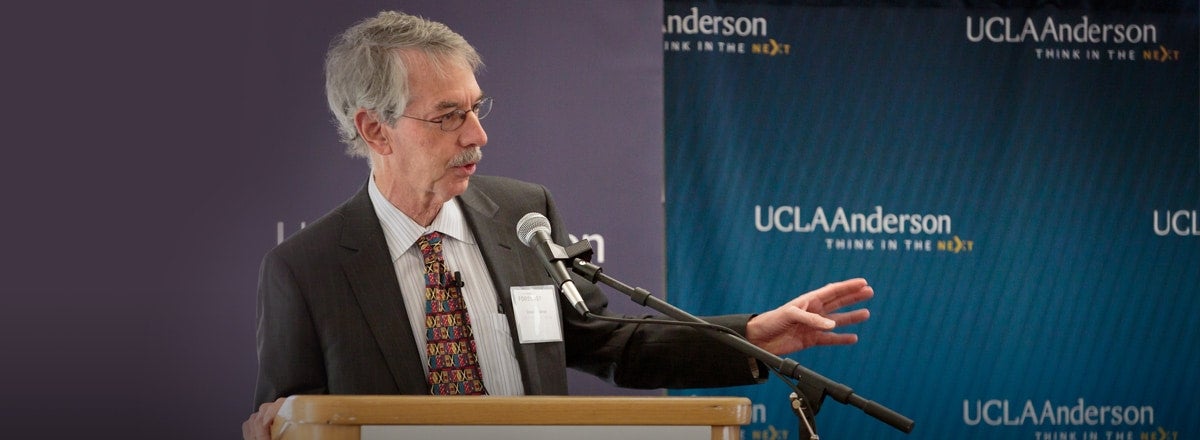Courses & Seminars
| School Year | Summer | Fall | Winter | Spring |
|---|---|---|---|---|
| YEAR | June - August | September - December | January - March | April - June |
|
1st
|
Mathematical Methods in Economics |
Microeconomics - Macroeconomics - Econometrics |
Microeconomics - Macroeconomics - Regression Analysis |
Microeconomics - Macroeconomics - Time-Series Analysis |
|
2nd
|
Elective Options - Research Assistant Opportunities |
Elective Options | Elective Options | Elective Options |
|
3rd
|
Elective Options - Research Assistant Opportunities |
Research | Research | Research |
|
4th
|
Elective Options - Research Assistant Opportunities |
Dissertation*** | Dissertation*** | Dissertation*** |
1st YEAR |
SummerJune – AugustLeadership Foundations Mathematical Methods in |
FallSeptember – DecemberMicroeconomics |
WinterJanuary – MarchMicroeconomics |
SpringApril – JuneMicroeconomics |
2nd YEAR |
SummerJune – AugustElective Options |
FallSeptember – DecemberElective Options |
WinterJanuary – MarchElective Options |
SpringApril – JuneElective Options |
3rd YEAR |
SummerJune – AugustElective Options |
FallSeptember – DecemberResearch |
WinterJanuary – MarchResearch |
SpringApril – JuneResearch |
4th YEAR |
SummerJune – AugustElectives |
FallSeptember – DecemberDissertation*** |
WinterJanuary – MarchDissertation*** |
SpringApril – JuneDissertation*** |
Seminars
Faculty Seminars
These seminars are hosted by your area of study and closed to the public; distinguished faculty from other universities present their latest papers and findings.
On April 6, 2017, Assistant Professor Gautam Rao of Harvard University presented his paper, “Status Goods: Experimental Evidence from Platinum Credit Cards.” Rao’s paper provided the first field-experimental evidence on status goods, working with an Indonesian bank that markets its platinum credit cards to high-income customers. The first experiment showed that demand for the card was substantially higher than demand for its benefits and services, with transaction data revealing that cardholders are more likely to use their car in social contexts, implying social image concerns. The second experiment offered evidence of positional externalities from the consumption of status goods. Lastly, Rao’s paper and subsequent talk showed how higher self-esteem reduces demand for status goods, looking at how self and social image are substitutes.
GEM was also pleased to host Professor Rohini Pande, also from Harvard, who presented her paper, “E-governance, Accountability, and Leakage in Public Programs: Experimental Evidence from a Financial Management Reform in India” in April of 2017. That month, we also hosted MIT Professor Amy Finkelstein, who presented her paper, “The Value of Medicaid: Evidence and Interpretation from the Oregon Health Insurance Experiment.”
Student-run Seminars
Our student-run seminars exist exclusively for Anderson and Economics Ph.D. students. They present their current research and receive feedback. With no faculty in attendance, your peers critique your work and become invaluable, supportive colleagues and friends in the process.
Job Market Papers
These seminars provide the opportunity to defend your work, receive research and career feedback, and influence others’ work lives. With the toughest audiences you will ever face, this experience is all about preparing you for your professional life and positioning you for candidacy as a faculty member at one of the world’s highest caliber institutions.
